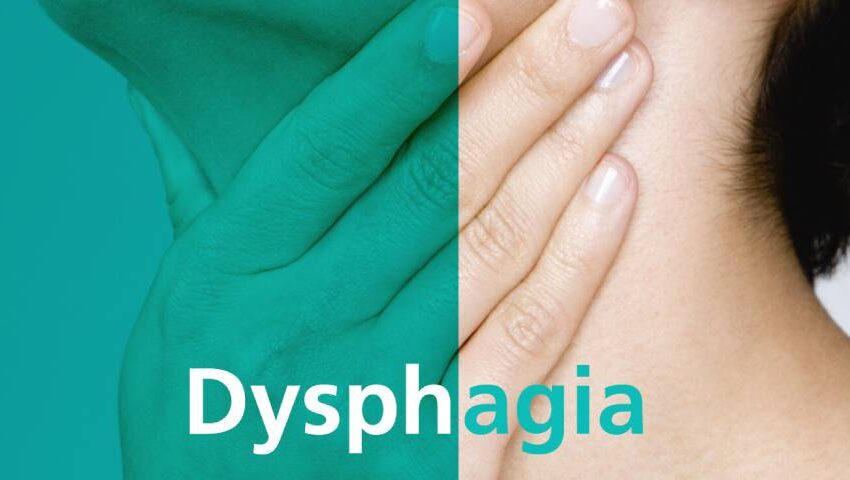
- 21/06/2021
- Dr. Samrat Jankar
- 0 Comments
- Best Piles Doctor in Pune, Blog
Dysphagia – causes & treatment
Dysphagia is a problem with swallowing in which food must be moved from the mouth to the stomach with more effort than usual. It is a painful condition caused by nerve or muscle issues that is more frequent in older individuals and new-borns.
Although the medical word “dysphagia” is frequently used to describe a symptom or sign, it is also used to indicate a separate disease. A variety of factors can cause dysphagia. If it occurs just once or twice, there is no chance of any underlying problem. However, you should visit a doctor if you experience the symptoms of the disease frequently.
In that case, if you are residing in Pune or surrounding areas, then you can book your appointment with Dr. Samrat Jankar, the best gastroenterologist in Pune. Dr. Jankar is a highly experienced gastroenterologist who has successfully treated many cases of dysphagia.
In this article, we’ll discuss the causes as well as treatment options for dysphagia.
What exactly is dysphagia?
Dysphagia is a term that describes trouble swallowing. It means that delivering food or fluids from your mouth to your stomach takes more work and time. It can cause you to experience pain when eating. Swallowing may be impossible in a variety of circumstances.
Dysphagia that persists, on the other hand, could be a sign of a serious medical problem that requires prompt treatment.
Dysphagia can affect anyone at any age, but it is more common among the elderly. Swallowing problems can be caused by a variety of factors, and treatment differs depending on the cause.
Now, let us discuss the causes of dysphagia:
A variety of factors can cause dysphagia, including:
- Amyotrophic lateral sclerosis (ALS): It is an incurable type of progressive neurodegeneration in which your neurons in the spine and brain lose functionality over time.
- Achalasia: It is a condition in which your lower esophageal muscle does not relax sufficiently to enable food to pass into the stomach.
- Diffuse spasm: It occurs when the esophageal muscles twitch in an uncoordinated manner.
- Stroke: When the blood supply to the brain is decreased, brain cells die due to a lack of oxygen. Dysphagia can result from damage to the brain cells that govern the swallowing process.
- Esophagal ring malfunction: It narrows a tiny section of the esophagus that occasionally prevents solid meals from going through.
- Eosinophilic esophagitis: It is a condition in which the number of eosinophils (a kind of white blood cell) in the esophagus is abnormally high. These abnormal eosinophils development leads to the problem with the gastrointestinal system, causing vomiting and swallowing difficulties.
- Multiple sclerosis: It is a disease in which the immune system attacks the central nervous system, damaging the myelin that usually shields the neurons.
- Radiation: If you have had radiotherapy, the neck and head regions may have difficulty swallowing.
- Scleroderma: It is an uncommon autoimmune disorder characterized by tightening and hardening of the skin and connective tissues.
- Cancer: Esophageal cancer is generally caused by drinking and smoking or gastroesophageal reflux syndrome, leading to Disphygia.
- Xerostomia (dry mouth): It is a condition in which there is insufficient saliva to keep the mouth moist. Now that we have discussed different causes of dysphagia let us have a close look at the treatments.
- Available treatment options: Dysphagia treatment is determined by the kind or cause of your swallowing issue. Your doctor may send you to a speech or swallowing therapist for oropharyngeal dysphagia, and therapy may include:
- Exercise: Certain exercises can help you re-stimulate the nerves that activate the swallowing reflex or help you coordinate your swallowing muscles.
- Learning how to swallow correctly: You could also learn how to correctly place food in your mouth or arrange your body and head to aid swallowing. You may be taught few exercises and new consuming methods to assist in dysphagia caused by neurological disorders such as Alzheimer’s disease or Parkinson’s disease.
The following are some treatment options for esophageal dysphagia:

1 . Dilation of the esophagus:
2. Surgery:
You may also require surgery to clear your esophagus route. It is beneficial if you have an esophageal tumor, achalasia, or a pharyngoesophageal diverticulum. Surgery may help to treat esophageal cancer. It can also ease swallowing complications due to throat constriction or obstructions, such as –
- bony outgrowths
- pharyngoesophageal diverticulum
- vocal cord paralysis
- GERD
- achalasia
After the surgery, it will benefit you if you undergo swallow therapy and speech therapy.
3. Medications:
4. Diet:
If swallowing problems prohibit you from eating and drinking enough, your doctor may suggest:
A specific liquid diet. It may aid in the maintenance of a healthy weight and the avoidance of dehydration. You may require a feeding tube to bypass the section of your swallowing process that isn’t operating adequately in severe cases of dysphagia.
